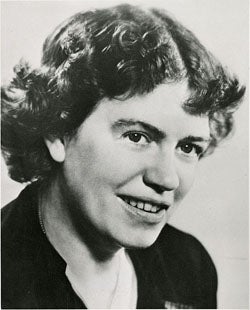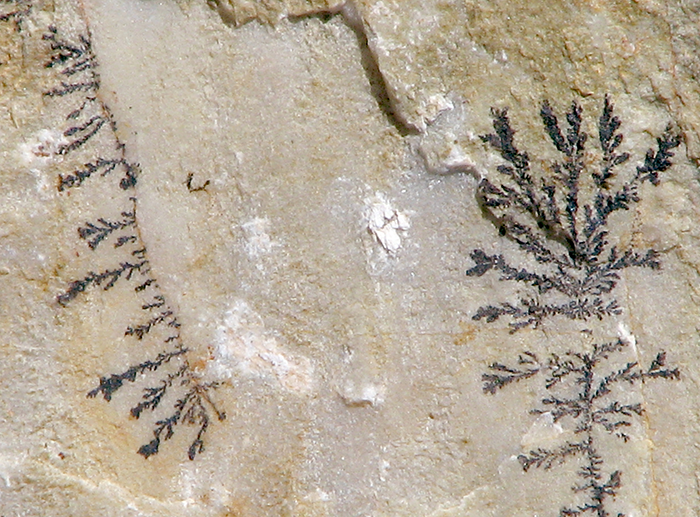
What is anthropology?
 If you’ve ever seen Indiana Jones, then you’ve seen a (fictional) anthropologist in action. While the stories and characters in those movies are fake, being an anthropologist is a very real career. You can take anthropology classes in most colleges, you can major in it, and you can work as an anthropologist after you graduate.
If you’ve ever seen Indiana Jones, then you’ve seen a (fictional) anthropologist in action. While the stories and characters in those movies are fake, being an anthropologist is a very real career. You can take anthropology classes in most colleges, you can major in it, and you can work as an anthropologist after you graduate.
Anthropology (anthropos=man, -logy=study of) is the study of humans. This includes human biology, origins, culture, and art. Anthropology has 4 subfields: cultural anthropology, linguistic anthropology, archaeology, and biological anthropology. Together, these fields study all aspects of what it means to be human.
Now, most anthropologists don’t spend their careers being chased by boulders. However, they do travel to exotic places around the world to do their work. We often call the places where we do research “field sites.” It is here that we collect information (what we call data) to answer questions about humans. There are many specialties within biological anthropology.
| Specialty | Objects of study | Research focus |
| Paleoanthropology | Human fossils | Human evolution |
| Bioarchaeology | Recent human remains; places humans lived recently | What life was like for recent humans |
| Genetic anthropology | DNA | Genetic relation of humans to each other and other species |
 So if you’re a biological anthropologist, what kind of jobs do you do? One option is working for colleges or universities doing research and teaching classes. Another option is to work for private institutions or for the government. For example, there are some anthropologists that work in forensics. This means that they work with the police to solve crimes. They examine bodies found at crime scenes. They can also help with facial reconstructions. Some popular TV shows even ask biological anthropologists to consult on episodes that solve murder mysteries. Anthropologists can do many things.
So if you’re a biological anthropologist, what kind of jobs do you do? One option is working for colleges or universities doing research and teaching classes. Another option is to work for private institutions or for the government. For example, there are some anthropologists that work in forensics. This means that they work with the police to solve crimes. They examine bodies found at crime scenes. They can also help with facial reconstructions. Some popular TV shows even ask biological anthropologists to consult on episodes that solve murder mysteries. Anthropologists can do many things.
Be Part of
Ask An Anthropologist
By volunteering, or simply sending us feedback on the site. Scientists, teachers, writers, illustrators, and translators are all important to the program. If you are interested in helping with the website we have a volunteers page to get the process started.

